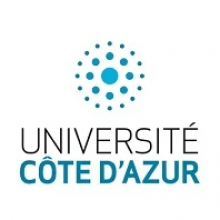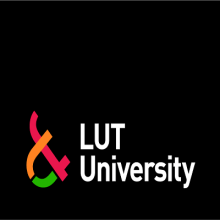
First generation students or students from lower socio-economic backgrounds are still poorly represented in higher education. But universities are now working hard to rectify this and the Impact Rankings 2020 are an indicator of which universities are doing this successfully.
To put together this ranking we mapped how universities around the world are committing to the 17 United Nations Sustainable Development Goals (SDGs). The SDGs are a global call to action to tackle poverty, climate change and inequality.
The SDGs look to tackle some of today’s biggest global issues and SDG 10 covers reducing inequalities.
Some of the metrics that helped to measure which universities were excelling at reducing inequalities were the number of first generation students, the number of students from developing countries, the proportion of students and staff with disabilities, the measures against discrimination and the amount of research a university undertakes on reduced inequalities. More information on the methodology can be found here.
1. RMIT University
RMIT University is committed to working across all the SDGs and SDG 10 is no exception.
The university is conducting a number of research projects that explore inequalities in all aspects of society and in Australia and beyond. One such research project focuses on the liveability of cities in Australia through analysing the public transport systems, public open spaces, housing affordability, walkability, employment and food and alcohol environments.
2. University of East London
The University of East London has a good track record in recruiting students who are the first in their family to go into higher education as well as those from low-income families.
The university has also put in effort to encourage women to participate in subjects with low female representation, recruiting and promoting women and individuals from BAME backgrounds and providing mentoring support.
In 2019 the university founded its Office for Institutional Equity aimed at addressing gender, racial and other inequalities.
3. Western Sydney University
The disability service at Western Sydney University is made up of a team of professional disability advisors and trained educational support staff. The service helps with pre-admission advice, academic support and advocacy on disability-related issues.
There is also a wide range of support for international students. There are guides providing practical advice on living and studying in Australia, as well as important information about mental health and loneliness.
There is also a specific support centre for Aboriginal and Torres Strait Islander students.
Top universities for climate action
Top universities for tackling gender equality
Top universities in the world for global impact
4. Charles Sturt University
Charles Sturt University has a high proportion of students who are first in their family to attend university.
The university has support mechanisms in place to encourage such students to attend, such as reducing barriers and practical initiatives to support those students once they are at university. An example of this is a project led by the Student Welfare Team, which won a grant to refurbish laptops no longer required by the university, and make them available to students.
The university is also conducting a significant amount of research into inequalities across Australia and with international partners.
5. University of Wollongong
The University of Wollongong has developed a series of research projects that aim to reduce inequalities across all aspects of society.
Some of these include the Caring for Communities project, which has built research networks to engage key stakeholders in the Aboriginal community and a project to address what women’s empowerment means in terms of microfinance.
The top 100 universities for reducing inequality
View the full ranking for reducing inequalities here

















Have your say